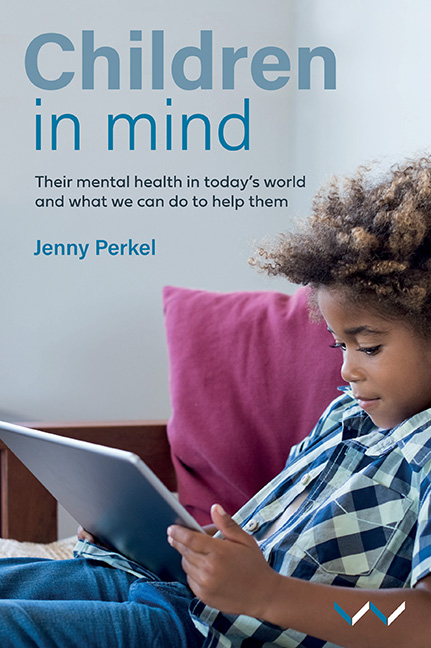4 - Treating Today’s Troubled Children: Paradigm Clashes
Published online by Cambridge University Press: 26 May 2022
Summary
If I were just starting out now in my career as a clinical psychologist, I would be confused about why my teachers in the field hold such contrasting views about mental health and psychopathology. The same confusion is sometimes experienced by parents seeking help for their troubled children. Different doctors and psychotherapists, books and websites will give them contradictory answers to their questions about their children. Perhaps parents seek out what they believe in and what feels most closely in line with their own world views. If I were them, I would want some consensus among the mental health professionals, but at the very least I would expect some tolerance between professional disciples of different theoretical frameworks.
Clinical child psychology – research, theory and practice – involves a confusing mix of conflicting voices of authority and expertise. Clinicians, academics and researchers often locate themselves squarely and with much loyalty within their chosen theoretical frameworks, and they guard their territory fiercely. Advocates of any particular chosen framework in child psychotherapy, for example, are often fully convinced that their way of working with children is the right way. Attempts to challenge this using research or knowledge about a different paradigm often only convinces the already converted. In a literature search you will likely find evidence to support whatever you believe in, as well as evidence that argues against it.
A Google search for cognitive behavioural therapy yields 45 900 000 results, and one for psychoanalytic psychotherapy gives 8 220 000 results. There are other legitimate forms of psychotherapy as well. Those clinicians who are trained and skilled in various therapeutic models are entitled to practise their profession without being harshly judged, as long as they are practising ethically, in their field of expertise, within their scope of practice, and with appropriate supervision until such time as they are experienced enough to practise competently on their own. Continuing professional development (CPD) is an important part of being a clinician, as is being registered with the appropriate professional board so that the clinician is accountable for the work he is doing.
- Type
- Chapter
- Information
- Children in MindTheir Mental Health in Today's World and What We Can Do to Help Them, pp. 55 - 64Publisher: Wits University PressPrint publication year: 2022

